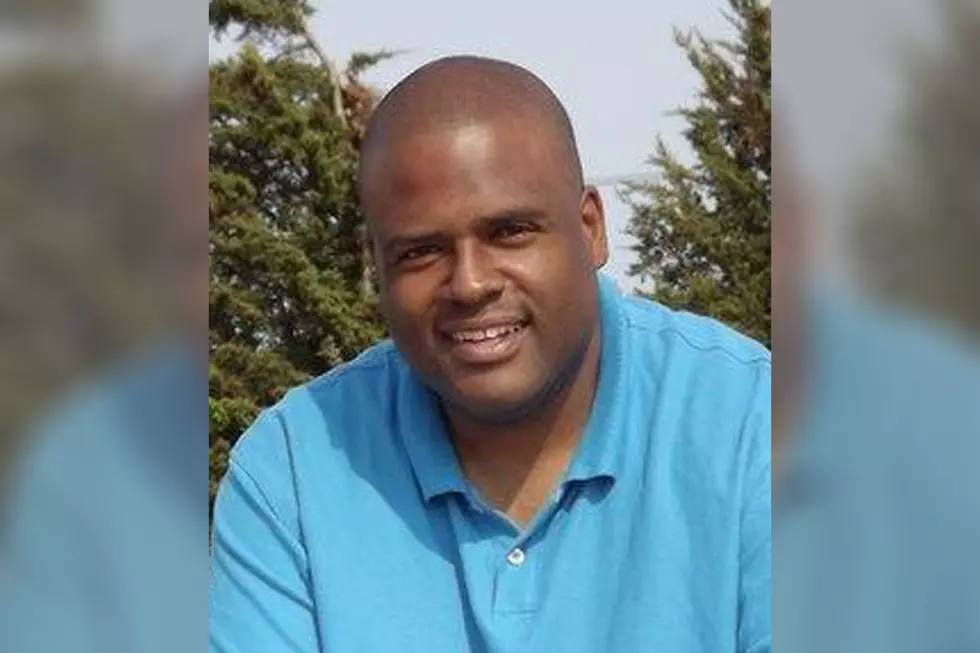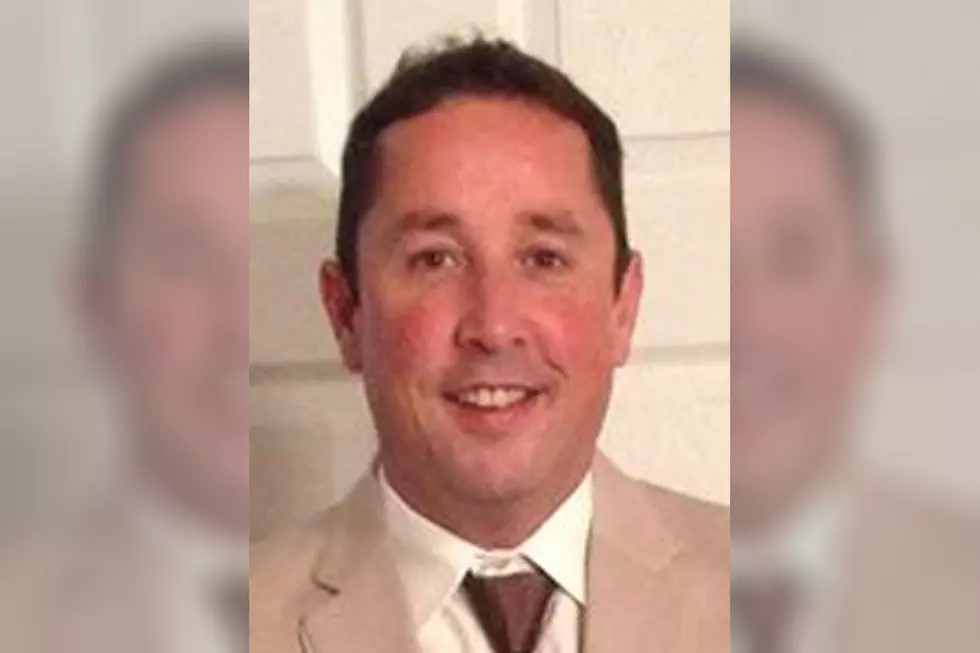![In Green Book, Love Has No Color [PHIL-OSOPHY]](http://townsquare.media/site/518/files/2019/02/Phil-Green-Book.png?w=980&q=75)
In Green Book, Love Has No Color [PHIL-OSOPHY]
The best movie of the year, Green Book, led a night of eye-openers at the Oscars.
The director, Peter Farrelly, of Cumberland, Rhode Island, said it was a story about loving each other despite our differences. Let's weigh his description with why African-Americans had to rely on the booklet to help them decide where they could comfortably grab a bite to eat, fill their gas tank or other things we take for granted today without being denied service due to the color of their skin.
It used to be that the great American road trip—seen as the ultimate sign of freedom—wasn't free for African-Americans, including those who had to worry about "sunset laws" in towns where black visitors had to be out by day's end. The idea of gathering the family for an open road trip was only a privilege for white people.
The "Green Book," shorthand for its full title, The Negro Motorist Green Book: An International Travel Guide, became a tool to provide a tool to deal with those situations. It also allowed families to protect their children, to help them ward off those not permitted to sit somewhere.
For almost three decades beginning in 1936, many African-Americans travelers relied on the booklet, named after Victor H. Green, a black Harlem postal employee, travel writer, and civic leader, who conceived the guide in response to the growing accounts of humiliation or violence where discrimination continued to hold strong. Similar guides had been published for Jewish travelers who faced the same discrimination. And for blacks, it was about discrimination in more places than just the Jim Crow South.
Having been born and grew up partly in the South, I knew about the Green Book for years but to most of my friends and much of America, it was invisible. When the last edition was published, the booklet slipped through the cracks of history.
I mentioned to my dear friend, CJ Jenkins, a former and longtime Director of Master Control at WBZ-TV and one of the first in the nation to break the color barrier in television, that I wanted to do a radio show about the Green Book on Martin Luther King Day a few years ago. CJ put me in touch with Retired Lieutenant Colonel Jona McKee of Virginia, who joined me in a live conversation about his experiences traveling the roadways as a military officer.
It mattered not to restaurant owners, hoteliers, gas station attendants, etc; Lt. Col. Jona McKee was black and therefore, sorry, there'd be no service for him or his family. His story was compelling and heartbreaking.
If you're African-American, perhaps older members of your family still have a copy of the Green Book sitting in the attic or basement. Mr. Green wrote in the introduction that the Jewish Press has long published information about places that are restricted, adding, "There will be a day sometime in the near future when this guide will not have to be published. That is when we as a race will have equal opportunities and privileges in the United States."
The Civil Rights Act was passed in 1964, and Mr. Green ceased publication in 1966.
Phil Paleologos is the host of the Phil Paleologos Show on 1420 WBSM New Bedford. He can be heard weekdays from 6 a.m. to 10 a.m. Contact him at phil@wbsm.com and follow him on Twitter @PhilPaleologos. The opinions expressed in this commentary are solely those of the author.
More From WBSM-AM/AM 1420


![No Police, No Peace for New Bedford [PHIL-OSOPHY]](http://townsquare.media/site/518/files/2017/01/new-bedford-police.jpg?w=980&q=75)
![Who Knew ‘Grandfather Clause’ Is Racist? [PHIL-OSOPHY]](http://townsquare.media/site/518/files/2020/08/GettyImages-3321324.jpg?w=980&q=75)


![SouthCoast Fair Housing [Townsquare Sunday]](http://townsquare.media/site/518/files/2019/02/GettyImages-589962202.jpg?w=980&q=75)
![Donald Trump is Ending a Racist Policy [OPINION]](http://townsquare.media/site/518/files/2018/07/GettyImages-989911782.jpg?w=980&q=75)

